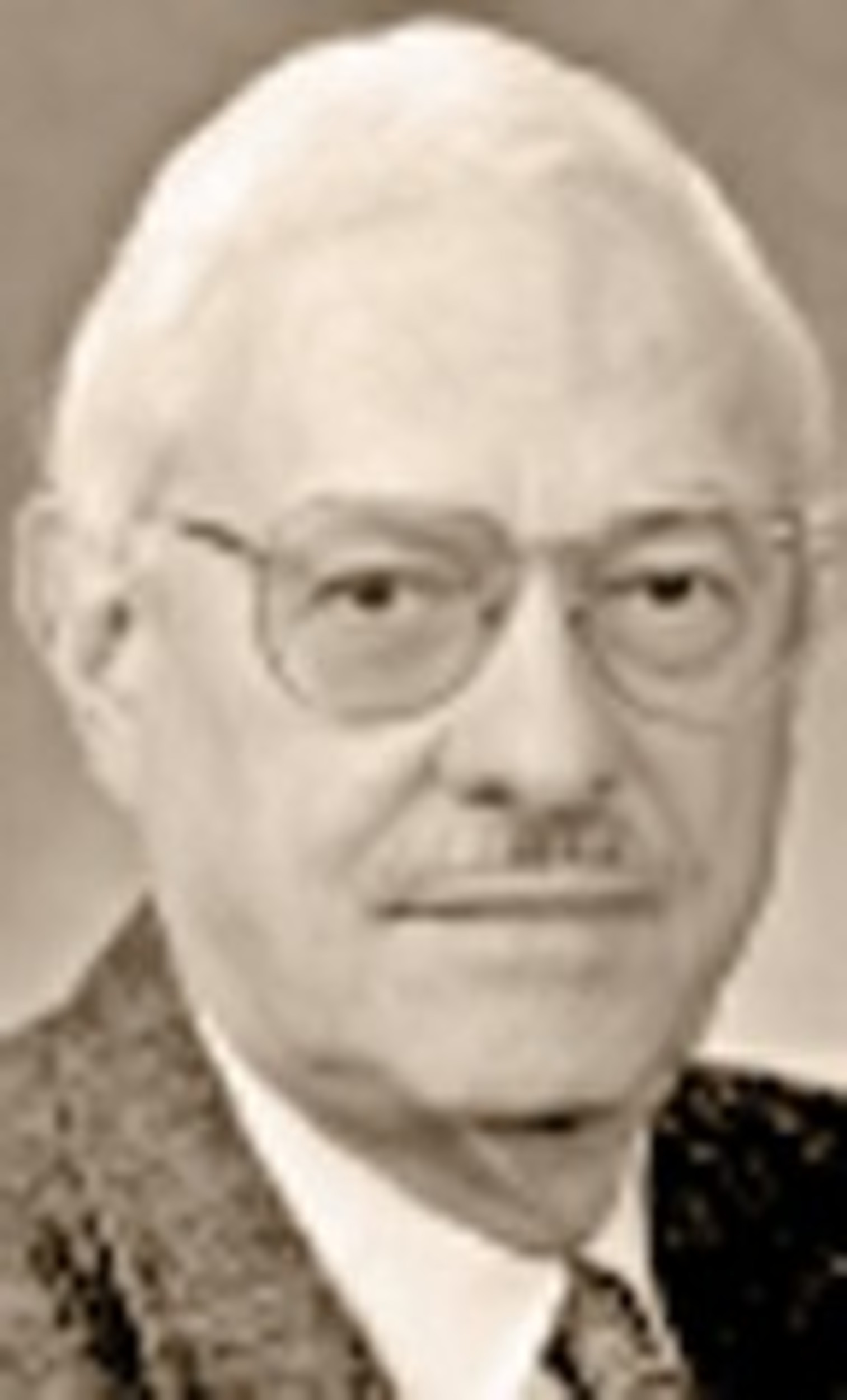Creativity in the elderly
Aging, it is widely believed, enhances one’s store of anecdotes, – while decreasing their accuracy – increases the numbers of hairs turned white and provides stand-up comics with yet another source of jokes. Aging, in essence, is believed by most to be a stressful biological phenomenon that deprives rather than adds to the richness of elderly lives. In Shakespeare’s immortal words, “When the age is in, the wit is out.”
Brown University has sometimes offered adult education exercises called Learning in Retirement. Truly, the words contradict each other: learning is certainly not an act of retirement; learning requires much work.
There are, in truth, few enterprises as remorselessly demanding as learning. Learning is not a form of accumulation like a savings account. Learning begins with the commitment to the task, hastened by a hunger to learn and an unyielding skepticism that demands the courage to discard cherished, old beliefs when confronted with compelling data. Learning demands a constant reinterpretation of what we think we know.
Scientific and artistic creativity has been declared by many to be particularly evident in the younger decades of life – and specifically before the age of thirty. And, certainly, a casual glance of the ages of the Nobel Prize recipients in the arts and sciences seems to verify this.
Isaac Newton, for example, lived to age 85 but accomplished most of the creative writings and laws that bear his name before the age of 30. His greatest contributions to the sciences (the concept of gravity) emerged when he was 43; at that time, this was considered to be an old age. At age 65, he began his labors in algebra and calculus; and, in his 80s, he commenced his investigations into the ancient hieroglyphics.
What about other spheres of creativity? Here, too, but only at first glance, creativity seems to dwell in the domain of youth. But for those who believe that they still harbor new ideas or ways of defining beauty, retirement is an ugly word. For the elder citizen who has a compelling need to share his inner creativity, retirement is equivalent to solitary confinement.
In music, for example, many classical composers, including Bellini, Bizet, Chopin, Mendelssohn, Mozart, Schubert Schumann and Weber, died before 50. The exceptions, though, are notable. Handel composed “Messiah” at age 58; Haydn created great symphonies and oratorios after 65; Verdi, having retired at age 48, resumed his operatic labors in his 70s. Moreover, his late works were more complex, darkly textured and with enhanced emotional content.
Among visual artists, Titian was still painting at 88 and Cellini was making magic with metal at age 71; Degas, Monet, Braque, Matisse, Rouault and Picasso were all vigorous artists beyond the age of 80.
Among writers, Goethe, Tennyson, Wordsworth, Pepys, Tolstoy, Ibsen and Carroll were all quite productive in their senior decades. Wharton, Ferber, Dinesen, Hellman and Christie continued their writing beyond their 70s.
What then is human creativity? It is a printed word made into a vision, a thing first seen and then made known; it is the immeasurable translated into terms of the measureable; it is the banal transformed into the uniquely beautiful. And this exercise of genius in the arts and sciences knows no age of enforced retirement, prospering beyond middle adulthood. And certainly, an enlarged prostate or an arthritic hip have never deprived one of a compelling need to create art.
So, the elderly should not despair if their understanding of celestial mechanics or sentential calculus seems inadequate. For every nerve cell lost to aging, another ten will provide an elder scholar with vivid reminiscences, greater grandeur in his visions and, perhaps, even a revision of a standing theory thought to be set in concrete. To misquote la Rochefoucault (1613-1680): The absence of the youthful years may diminish commonplace passions, but will enhance great ones. No individual is so old that he cannot live yet another year or write yet another love letter.
STANLEY M. ARONSON, M.D. (smamd@cox.net) is dean of medicine emeritus at Brown University.








